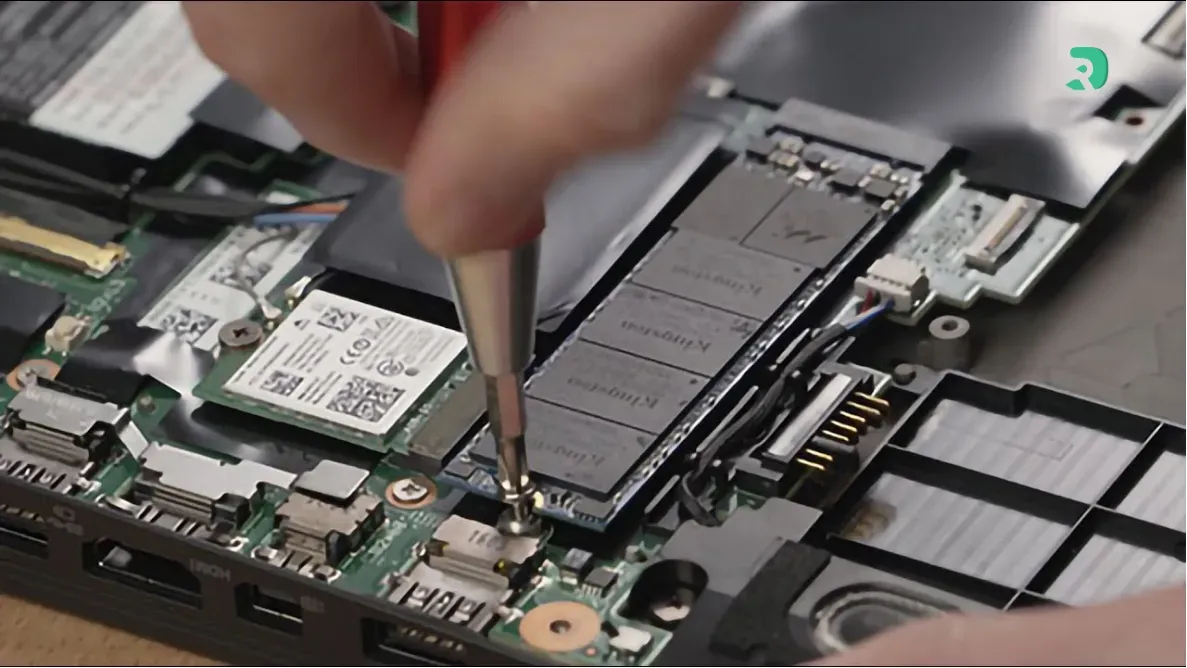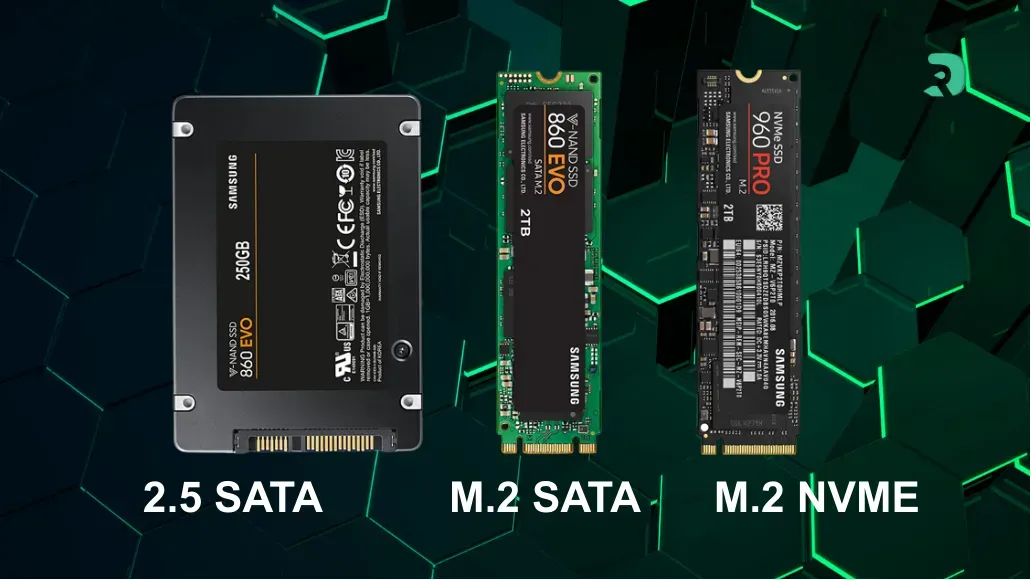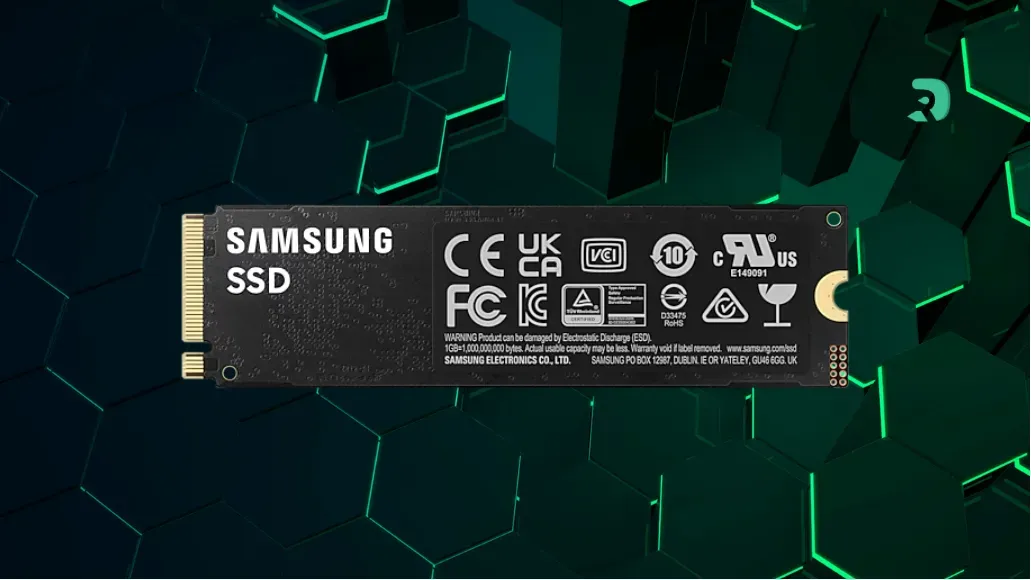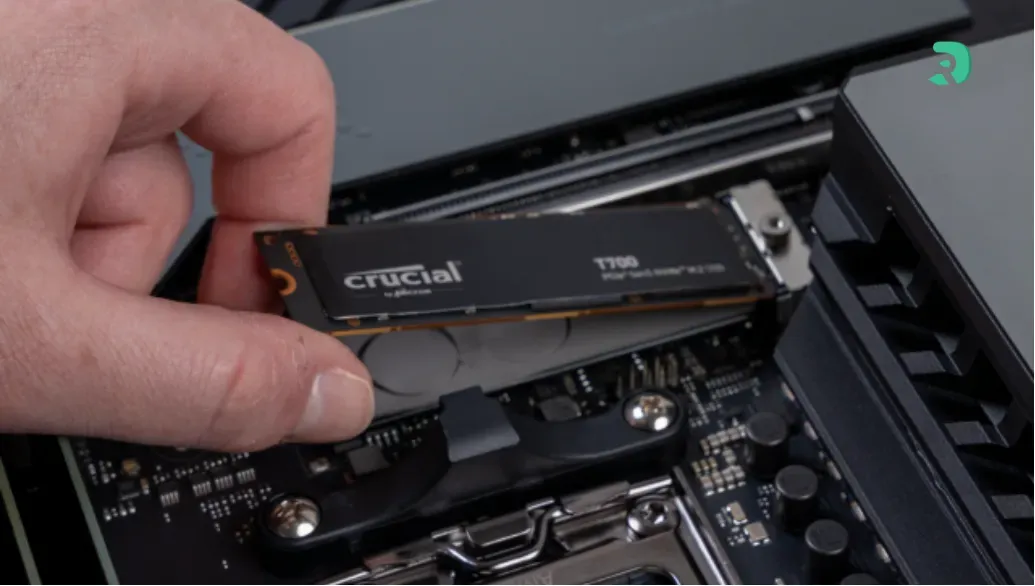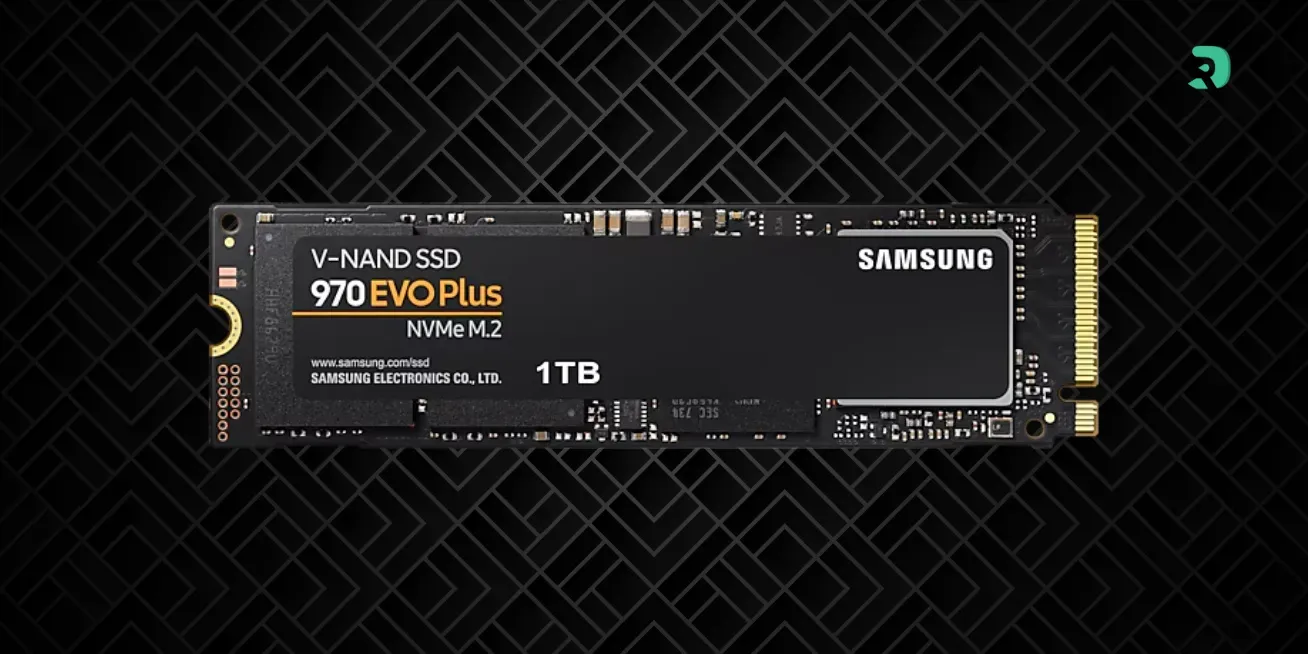If your laptop is still running on an old mechanical hard drive (HDD), switch to the SSD hard drive for laptop is an essential upgrade.
The concrete benefits:
- Startup speed: Windows or Linux starts in a few seconds.
- Overall fluidity: no more freezing when launching multiple apps.
- Durability: no mechanical parts, therefore more resistant to shocks (super important for a laptop).
- Autonomy: an SSD consumes less than an HDD → longer-lasting battery.
- Silence: no more disk scratching noise.
👉 In short, a SSD in a laptop , it's like giving a second youth to your computer.

